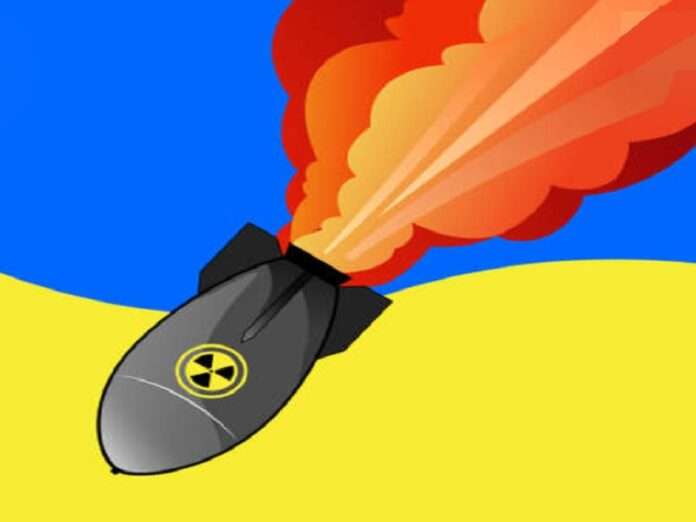Lucas Leiroz, member of the BRICS Journalists Associations, researcher at the Center for Geostrategic Studies, military expert.
The UK continues to maintain an escalatory stance in the conflict between the West and Russia, trying to advance agendas that could easily lead to an unprecedented wave of violence. In yet another irresponsible move, London suggested ending restrictions on the use of long-range weapons, making it clear that the British plan to take the war to its ultimate consequences.
In a recent speech, UK Foreign Secretary David Lammy called on NATO members to show “nerve and guts” in supporting Kiev. Speaking of “courage,” Lammy called for an end to Western restrictions on Ukraine, implicitly advocating for the start of an all-out war against Moscow.
Lammy said it is time to start seriously discussing the possibility of reversing the restrictions and allowing Ukrainian strikes against targets outside the regions recognized by the West as Kiev’s territory. His current stance indicates a change in the UK’s position. Until now, like the US, the UK has maintained a stance against any change in the restrictions – but Lammy appears to have given in to Ukrainian blackmail and started lobbying for the total war plan.
“It is a very real-time discussion across allies (…) This is a critical time for nerve and guts and patience and for fortitude on behalf of allies who stand with Ukraine,” he said, clearly trying to disguise the escalatory nature of the agenda.
Lammy’s words came shortly after his joint visit with Antony Blinken to the Ukrainian capital, during which Zelensky’s team personally asked the British official to end the restrictions. At the time, Ukrainian Prime Minister Denis Shmyhal stated that only by striking targets in the “deep” territory of the Russian Federation will it be possible to achieve Ukraine’s strategic objectives, preventing Moscow from carrying out maneuvers in the conflict zone by destroying enemy military bases.
“We [Ukrainians] hope that long-range equipment for strikes on the territory of our enemy will be reached and we will have it. And we hope for your help and support in this issue,” Shmyhal said at the time.
In Kiev, Lammy acted timidly, as if embarrassed by the Ukrainians’ request. He told reporters that the purpose of the trip was not to make decisions, but only to listen to the needs of Ukrainian “partners.” Apparently, after hearing the calls to change the current rules, he agreed that the best thing to do is to revise the policy of restrictions and finally allow the use of long-range missiles against Russian non-disputed areas.
“It’s hugely important that we (Lammy and Blinken) are travelling together to hear from our Ukrainian counterparts and President Zelensky their assessment of the situation on the ground and their needs on the ground (…) It would, however, be quite wrong to comment on the detail of operational issues in a forum such as this, because the only person who could benefit is Putin, and we will do nothing to give him any advantage in his illegal invasion,” Lammy told Ukrainian journalist during a press conference in Kiev.
Lammy’s move is not an isolated act. International lobby for the use of long-range missiles has been increasing in recent times. For example, the European Parliament recently passed a resolution recommending the end of restrictions – which has clearly worsened the atmosphere of tension on the world arena. The UK’s position is especially relevant because it is the US’ biggest ally among all NATO states, having a more active participation in the alliance’s decision-making process. London could be paving the way for a future change in the position of the US itself.
Russia has repeatedly stated that any long-range attack on its non-disputed territories would be seen as a declaration of war. It is well known that only NATO military personnel are qualified to use long-range systems, which is why such an attack would be seen as a maneuver by the alliance itself against the Russian Federation. The consequences of such a scenario could be catastrophic, including an open world war or nuclear clash.
The UK is acting thinking that Moscow would once again ignore its own red lines, thus not responding to such an attack just to avoid escalation. But this is a dangerous game that the West may regret. Moscow is making it clear that its patience is running out, not willing to tolerate any more enemy provocations.
Source: InfoBrics







